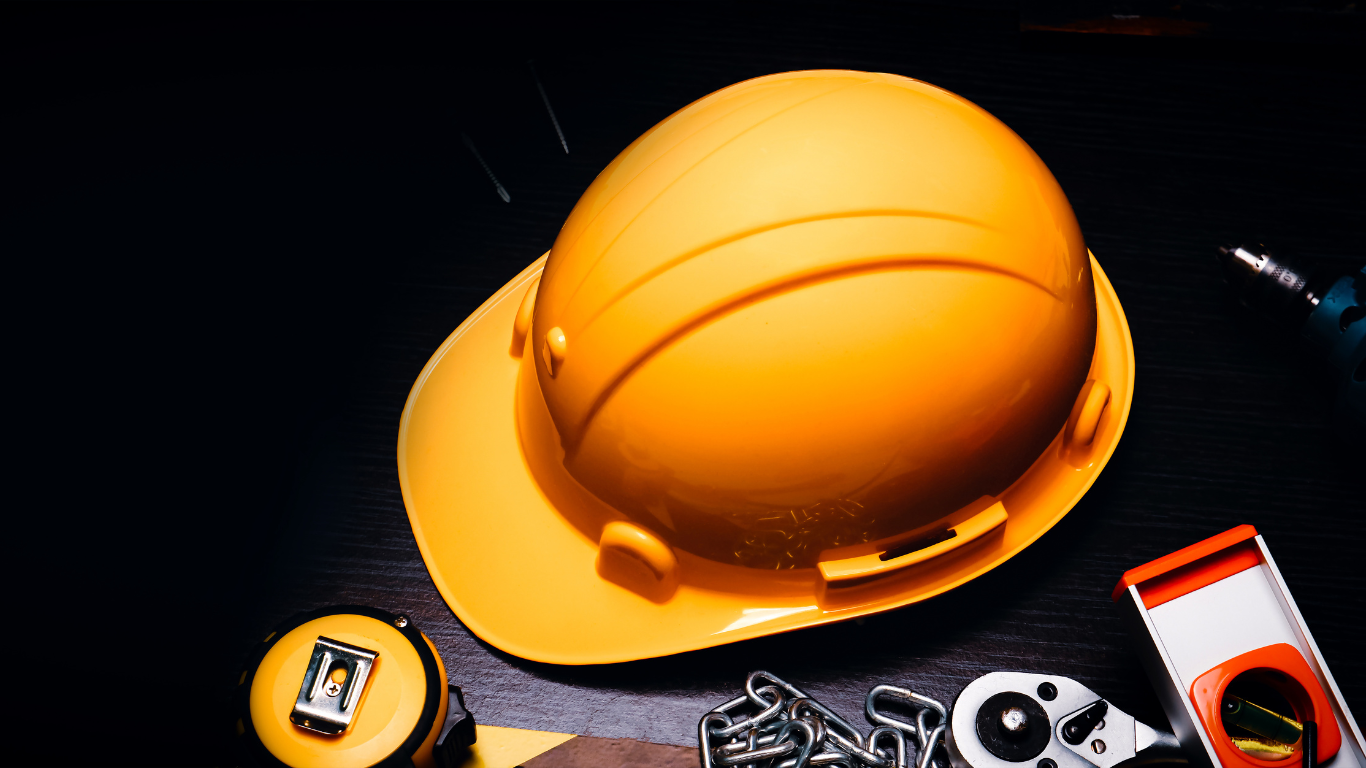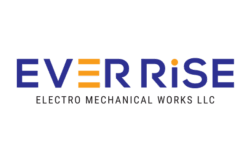
The United Arab Emirates (UAE) is known for its futuristic skyline and cutting-edge infrastructure. As the demand for sustainable, energy-efficient, and technologically advanced buildings rises, smart building solutions integrated with Mechanical, Electrical, and Plumbing (MEP) systems are becoming essential in the region’s real estate sector. This innovative approach not only optimizes building performance but also aligns with the UAE’s commitment to reducing energy consumption and improving environmental sustainability.
What Are Smart Building Solutions?
Smart building solutions refer to the integration of advanced technologies such as the Internet of Things (IoT), Artificial Intelligence (AI), and Building Management Systems (BMS) to optimize a building’s performance. These solutions enable real-time monitoring, automation, and control over various building functions, including lighting, HVAC systems, security, and more. Smart buildings are designed to improve comfort, safety, and efficiency while reducing energy consumption and operational costs.
The Importance of MEP Integration in Smart Buildings
In any smart building, the integration of Mechanical, Electrical, and Plumbing (MEP) systems plays a crucial role. MEP systems are the backbone of building infrastructure, and when these systems are seamlessly integrated with smart technologies, the benefits are exponential.
Key Aspects of MEP Integration in Smart Buildings:
-
Energy Efficiency: MEP systems consume the majority of a building’s energy, especially in terms of HVAC and lighting. By integrating MEP systems with smart technologies, energy consumption can be reduced by optimizing heating, cooling, and ventilation systems based on real-time data and usage patterns.
-
Enhanced Comfort: Occupant comfort is one of the primary goals of smart buildings. Integrated MEP systems ensure that temperature, lighting, and ventilation are automatically adjusted to meet the occupants’ needs, contributing to better productivity and overall well-being.
-
Predictive Maintenance: With IoT sensors integrated into MEP systems, smart buildings can monitor the condition of equipment in real time. This data allows for predictive maintenance, reducing downtime, preventing unexpected failures, and extending the lifespan of the systems.
-
Cost Savings: Optimizing MEP systems through automation reduces energy waste and operational costs. Smart buildings can also lower maintenance costs by predicting when systems require servicing rather than relying on fixed schedules.
-
Environmental Impact: MEP integration with smart solutions helps in achieving sustainability goals by reducing the building’s carbon footprint. Efficient energy usage and reduced wastage contribute to the UAE’s larger sustainability objectives, such as those outlined in the UAE Vision 2021 and the Dubai Clean Energy Strategy 2050.
The Growing Demand for Smart MEP Solutions in UAE
The UAE’s construction sector is booming, with ambitious projects such as smart cities, luxury residential complexes, and commercial hubs. With the government’s strong push towards sustainable development, developers and building owners are increasingly seeking smart MEP solutions to meet regulatory standards, such as the Estidama Pearl Rating System in Abu Dhabi and the Dubai Green Building Regulations.
Key Trends Driving the Adoption of Smart MEP Solutions in UAE:
-
Sustainability Initiatives: The UAE government’s focus on green buildings and energy efficiency is driving the demand for smart building solutions with MEP integration. These systems contribute to reducing energy consumption, a core objective in the country’s sustainability strategies.
-
Increased Focus on Energy Efficiency: High energy costs in the UAE, coupled with the country’s hot climate, make energy-efficient buildings a top priority. Smart MEP systems ensure efficient use of air conditioning, lighting, and water systems, significantly cutting down utility bills.
-
Technological Advancements: The rise of IoT, AI, and advanced automation technologies has made it easier for developers to integrate MEP systems with smart building platforms. These advancements allow for real-time data monitoring, which can be used to enhance building performance.
-
Government Regulations: Building regulations in Dubai and Abu Dhabi are increasingly favoring energy-efficient and smart building practices. Developers who integrate smart MEP systems into their projects stand a better chance of receiving approval and certifications, such as LEED (Leadership in Energy and Environmental Design).
Case Studies of Smart MEP Integration in UAE
-
Dubai’s Sustainable City: One of the most successful examples of smart building solutions in the UAE is Dubai’s Sustainable City. The development uses integrated MEP systems with solar panels, energy-efficient HVAC systems, and automated lighting to reduce energy consumption. The buildings are equipped with smart meters to monitor and optimize water and energy usage, making it a leading example of sustainable smart construction.
-
Masdar City, Abu Dhabi: Another pioneering project, Masdar City, is designed to be one of the world’s most sustainable urban developments. The city integrates smart MEP systems to control lighting, HVAC, and water management. IoT sensors monitor energy usage, ensuring that every building operates at maximum efficiency with minimal environmental impact.
Future of Smart MEP Integration in UAE
The future of construction in the UAE is undeniably smart, and MEP integration will be at the core of these advancements. As more smart cities, commercial towers, and residential complexes are developed, the demand for integrated MEP systems will continue to grow. The convergence of smart building technologies with MEP systems is likely to become the standard for high-performance buildings, driving sustainability and energy efficiency across the UAE’s urban landscape.
Developers and property managers who invest in smart MEP integration will not only meet regulatory requirements but also benefit from reduced operational costs, improved building performance, and higher tenant satisfaction.
Smart building solutions with MEP integration are reshaping the UAE’s real estate sector, offering a blend of innovation, sustainability, and efficiency. By combining advanced technologies with traditional MEP systems, the future of building infrastructure in the UAE is set to be smarter, greener, and more energy-efficient. Developers who embrace this trend will be at the forefront of the region’s rapid transformation, contributing to a more sustainable future while enhancing the value of their properties.
